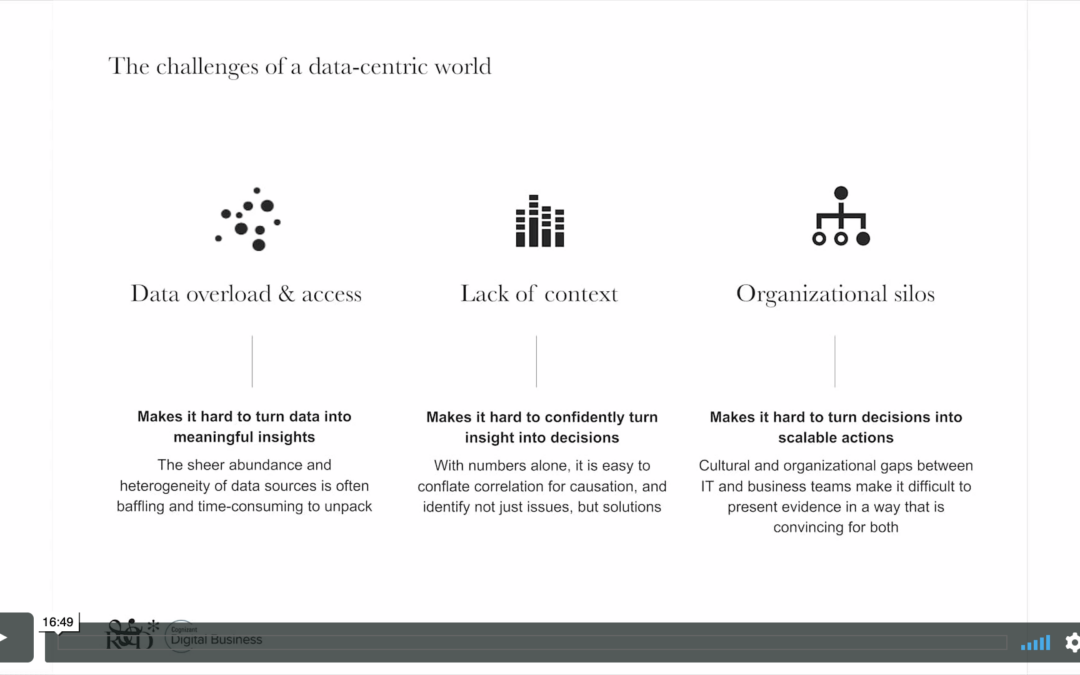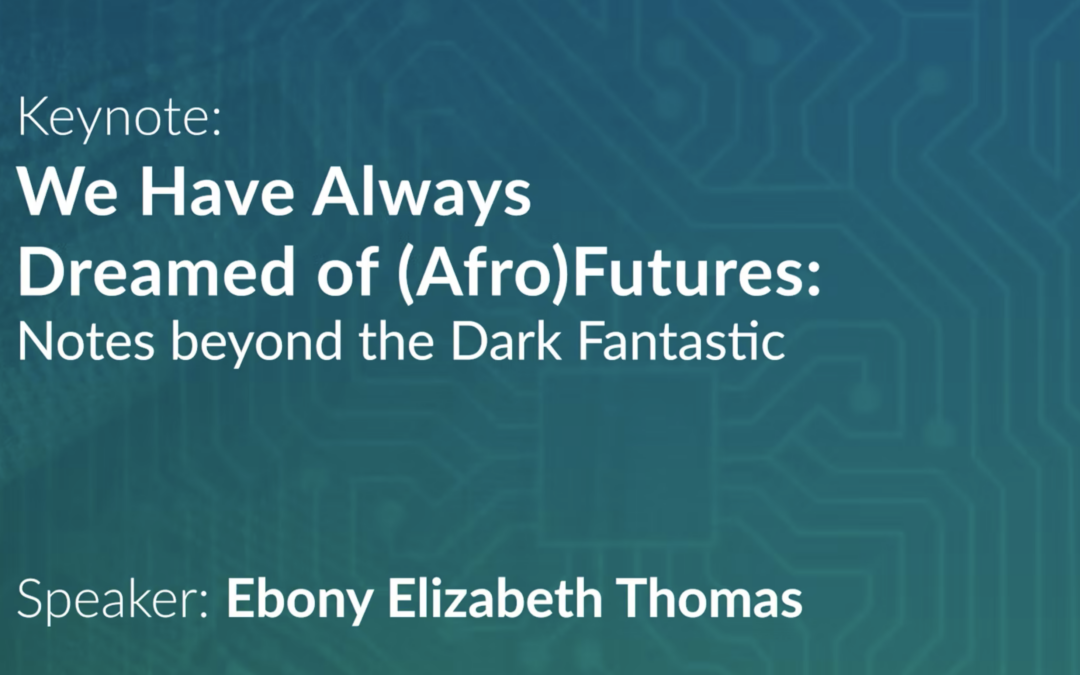Applied ethnography still struggles with the fundamental challenges of (1) framing research to obtain ‘thick’ data, (2) making sense of data in teams and with clients, and (3) making a convincing case with data in challenging environments. We have observed that borrowing from literary genres can...


